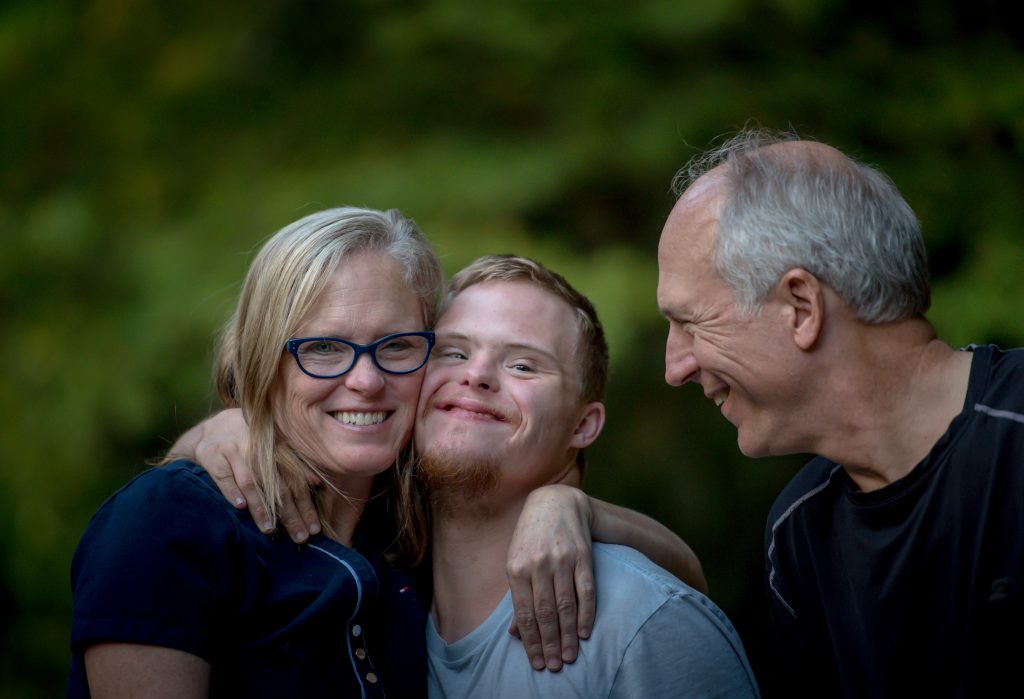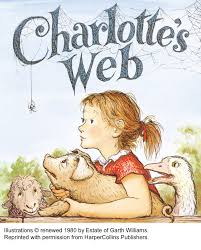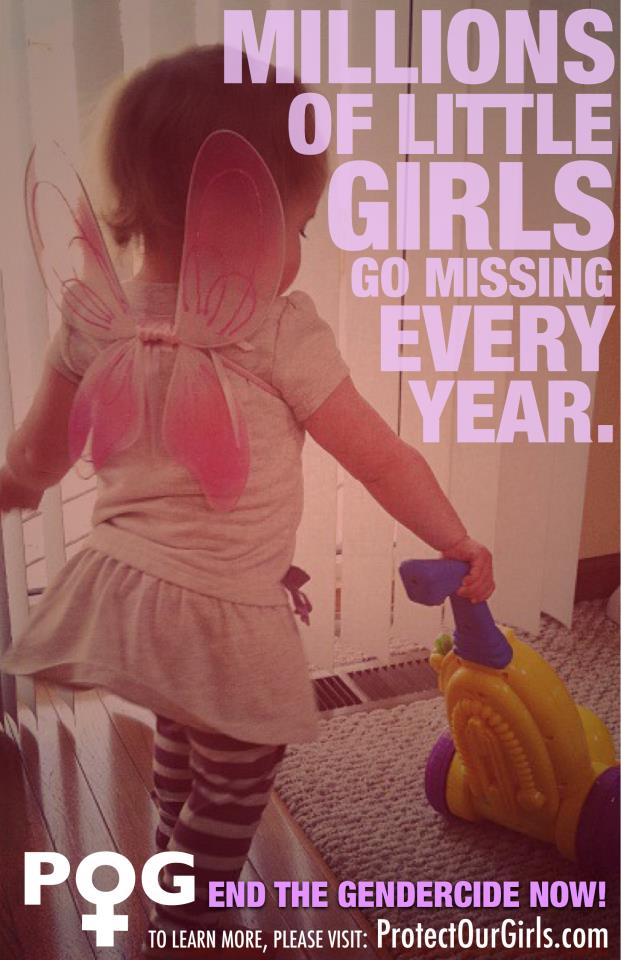By Jessie Morgan, Intern

Photo by Nathan Anderson on Unsplash
Today I offer you some alarming food-for-thought: we are living in a society in which people have the authority to determine that one human being is more worthy of life than another.
Pennsylvania Representative Kate A. Klunk introduced legislation that would amend the Abortion Control Act to prohibit the abortion of a child solely because the child has been diagnosed with Down syndrome. Last session, the bill passed the House with a bipartisan vote of 117-76. Though it passed in the Senate as well, it was ultimately rejected after being vetoed by Governor Tom Wolf. However, Klunk is not going to let down that easily—she just reintroduced a similar bill known as House Bill 1500.
For those who may not know, Down syndrome is the most common chromosomal disorder in the United States. According to the CDC, the condition affects about 1 in every 700 births. Children with Down syndrome experience a variety of social and intellectual disabilities, as well as a range of medical complications. They are generally identified by physical characteristics such as eyelids that slant upwards, decreased muscle mass, and a trademark crease through the palms of the hands.
Aside from physical identifiers, those with Down syndrome experience cognitive and social impairments that can vary in degree.
Over a hundred years ago, Down syndrome was a dismal diagnosis for new parents. In 1910, children with Down syndrome typically did not live past the age of nine. That life expectancy soon increased to 20 years with the discovery of antibiotics, and now, the majority of Down syndrome adults live to be older than 60.
Today, people with Down syndrome are diving into their communities in ways never thought possible. They work in schools, health care facilities, and all throughout the work force, and they engage in a variety of recreational activities like music and sports. They are university graduates, professional musicians, fashion designers, business owners and professional athletes. In addition to these, however, those with Down syndrome have always been friends, family members, neighbors and members of our communities.
As writer Ziad Abdelnour wrote, “Success is not found in what you have achieved, but rather in who you have become”.
In a research survey of over 3,000 family members and people with the disability, nearly 90 percent of siblings indicated that they feel like they are better people because of a sibling with Down syndrome.
If you’re like me, you might know of several people with Down syndrome in your community. You are familiar with the way they can light up a room the moment they walk in. You might remember a sense of humor, a unique personality, or a refreshingly optimistic outlook on life. Just like many others, those with Down syndrome can radiate a sense of joy that can impact anyone they cross paths with, perhaps for the rest of their lives.
If the value of life in our society was measured not by achievement, but by who we are as individuals, friends and community members, would Down syndrome protection legislation still have been rejected? Would 67 percent of American mothers, 77 percent of mothers in France, or 100 percent of mothers in Iceland have still chosen to abort their child after receiving a positive test for Down syndrome?
Currently in Pennsylvania, the only limitation to abortion per the Abortion Control Act is for sex-selective abortions. This seems self-explanatory—no person has the right to deny the pursuit of life to another person based solely on the discrimination of gender. The question left standing is: what makes Down syndrome any different?


